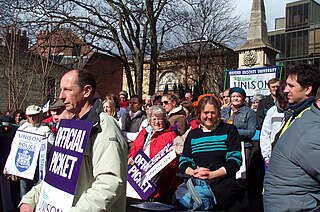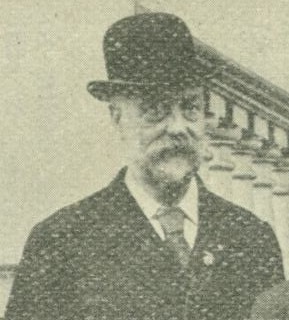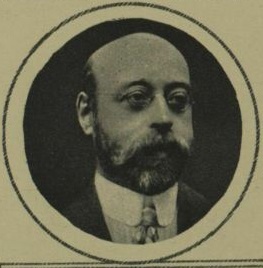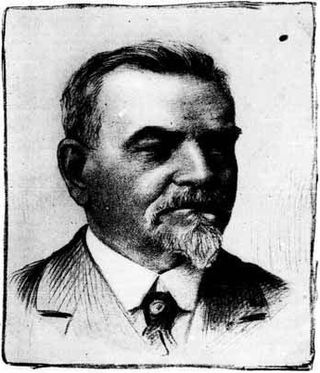Related Research Articles

The Scottish Trades Union Congress (STUC) is the national trade union centre in Scotland. With 40 affiliated unions as of 2020, the STUC represents over 540,000 trade unionists.
The General Secretary of the TUC is the chief permanent officer of the Trades Union Congress, and a major figurehead in the trade union movement in the United Kingdom.

Trade unions in the United Kingdom were first decriminalised under the recommendation of a Royal commission in 1867, which agreed that the establishment of the organisations was to the advantage of both employers and employees. Legalised in 1871, the Trade Union Movement sought to reform socio-economic conditions for working men in British industries, and the trade unions' search for this led to the creation of a Labour Representation Committee which effectively formed the basis for today's Labour Party, which still has extensive links with the Trade Union Movement in Britain. Margaret Thatcher's governments weakened the powers of the unions in the 1980s, in particular by making it more difficult to strike legally, and some within the British trades union movement criticised Tony Blair's Labour government for not reversing some of Thatcher's changes. Most British unions are members of the TUC, the Trades Union Congress, or where appropriate, the Scottish Trades Union Congress or the Irish Congress of Trade Unions, which are the country's principal national trade union centres.
Community is a British trade union which formed in 2004. The union represents workers in a diverse range of sectors, including iron and steel, justice and custodial, domestic appliance manufacturing, textiles and footwear, road transport, betting, the third sector, education and early years as well as the self-employed.
The President of the Trades Union Congress is a prominent but largely honorary position in British trade unionism.

The Sheffield Trades and Labour Council, usually known as the Sheffield Trades Council, is a labour organisation uniting trade unionists in Sheffield.

The Irish Trades Union Congress (ITUC) was a union federation covering the island of Ireland.

The Trades Union Congress (TUC) is a national trade union centre, a federation of trade unions in England and Wales, representing the majority of trade unions. There are 48 affiliated unions, with a total of about 5.5 million members. Frances O'Grady became General Secretary in 2013 and presented her resignation in 2022, with Paul Nowak becoming the next General Secretary in January 2023.
William Kean was a British trade unionist.
The General Council of the Trades Union Congress is an elected body which is responsible for carrying out the policies agreed at the annual British Trade Union Congresses (TUC).

William Mosses was a British trade unionist.

William Matkin (1845–1920) was a British trade unionist.
James Rowan was a British trade union leader.

Joseph Bevir Williams was a British trade union leader.

John Inglis was a Scottish trade union leader.
Alfred W. Bailey was an early British trade unionist.
Stanley Gretton was a British trade union leader.
The Lancashire, Cheshire and North Wales Colliery Enginemen's, Boilermen's and Brakesmen's Federation was a trade union representing engine operators and related workers at coal mines in parts of England and Wales.
Stanley Pemberton was a British trade unionist, who served as chair of the Transport and General Workers' Union.
Peter Hagger was a British trade unionist.
References
- ↑ G. D. H. Cole, A Short History of the British Working Class Movement: 1848-1900, pp.104-105
- 1 2 University of Warwick, "The Trades Union Congress, 1936-1939: Its history and organisation"
- ↑ Gerald A. Dorfman, British Trade Unionism Against the Trades Union Congress, p.6
- ↑ Annual Report of the 1907 Trades Union Congress, pp.194-195